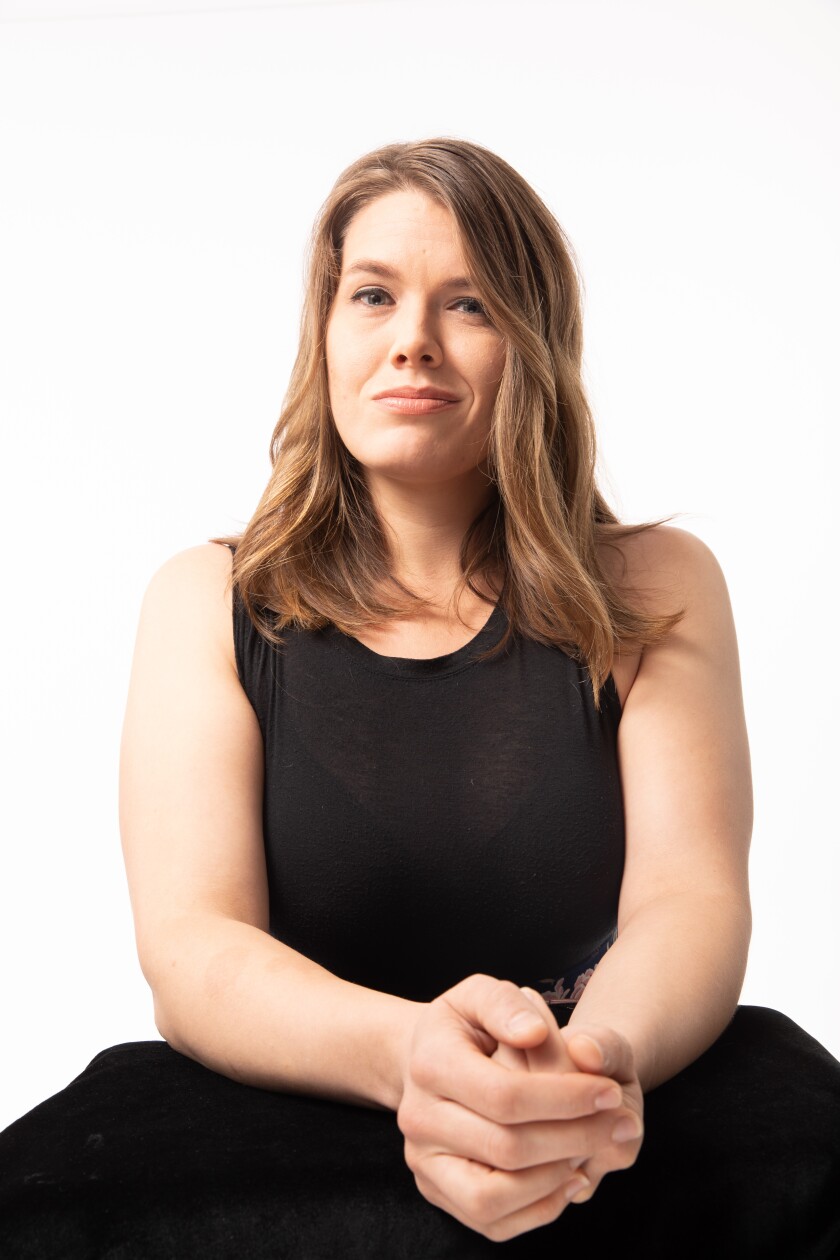The coronavirus has temporarily halted indoor gatherings of all sizes, church services among them. Those losses go beyond the chance for gathering.
“We’re still providing spiritual support to our community by holding virtual video services, but we needed a way for our members to make their donations directly to our account on the website,” said Sandra Simpson, the treasurer at St. Joseph Episcopal Church in Queens Village, N.Y.
The church, which has about 350 members, has a website and was able to perform most functions online. But like a lot of operations, such as small businesses, hospitals and suppliers, the church found out it was not as “online” as it thought.
As churches globally grapple with either being closed or navigating a phased reopening, collections are part of the challenge.
St. Joseph added a “donate” link to its website, turning to an existing in-app payment option that’s designed to replace cash and collection plates. “It’s made it easier for members to make donations online,” Simpson said.

Churches are among the remaining parts of most communities that don’t use mobile or other digital payments technology. Beyond the traditional donations during services for most denominations, churches also fund charities and community projects.
Philanthropy is often an entry point for digital payments technology, because it enables spontaneous donations that are otherwise made only using cash — such as a holiday collection outside of a store or a way to pay street performers. As cash declines, organizations can collect funds to recapture on-the-spot donations by placing donation buttons on apps or websites.
The Minneapolis company’s partnership with the Black Business Investment Fund and other community development financial institutions is an example of how banks can fulfill multimillion-dollar pledges aimed at closing the racial wealth gap.
If the mega payments deals of 2019 left the acquiring landscape somewhat scorched, the COVID-19 pandemic planted new seeds to allow ISOs to grow by quickly converting merchants to electronic payments.
As if marketing an accounting firm wasn’t challenging enough, throw in COVID-19 along with political, social and economic upheaval, and you’ve got a challenge for the ages.
The coronavirus has closed most churches and community centers, forcing organizations to quickly adapt by adding online payments.
“We had to suspend church services. We knew we wouldn’t be able to collect donations in person any longer,” said Vinita Szczeopanski, the treasurer at The Door Christian Fellowship Church in Jacksonville, N.C., which also added the payment function. “We wanted to stay connected with our church members, so we decided to build a new website so we could reach all the members in an easier way while maintaining social distancing.”
Fintechs such as Square, PayPal and Stripe have long used donor buttons to build goodwill among clients, as well as create digital payment habits among consumers. As these firms built a foothold by adding credit, a battle between the fintechs and banks erupted.
Banks have launched programs of their own to counter, often partnering with fintechs. For example, In/Pact offers a gateway for banks to tie their online platforms to charitable giving on a white- label basis. The technology allows users to choose from a network of more than a million nonprofits to execute donations, designed to ease the projects that connecting to each charity or nonprofit would entail.
“A lot of our clients tend to wear a lot of hats. They don’t have a CFO or a controller,” said Steve Robert, founder and CEO of Autobooks, a Detroit-based small-business payments and accounting company.
Autobooks recently added a donate button to its payments software stack, and provides the technology for the churches in Queens and North Carolina.
“The challenges for many of these organizations is how they put together a modern back office during a pandemic,” Robert said. “Getting access to digital tools to get paid quickly, or to accept credit cards at a distance is a large part of that.”
Autobooks also works through banks, forging the bank/fintech partnerships that mostly small to mid-sized banks are using to compete to digitize merchant payments.
“Most of these businesses get paid by dropping a bill on someone’s front porch,” said Joe Chasteen, director of business banking at Chemical Bank, a $21.5 billion-asset bank based in Detroit. Chemical recently acquired Minneapolis-based TCF Bank for $3.6 billion, creating a combined bank with about 40% of activities in business banking Chemical was not involved in the church deployments, but does serve nonprofits through its partnership with Autoboooks.
“The thing that stands out currently is for people who get paid that way, there’s no way to get paid. So how do you handle that? Do you trust people to put a payment in the mail or take it upon yourself to find a digital way to do this?” said Chasteen.







